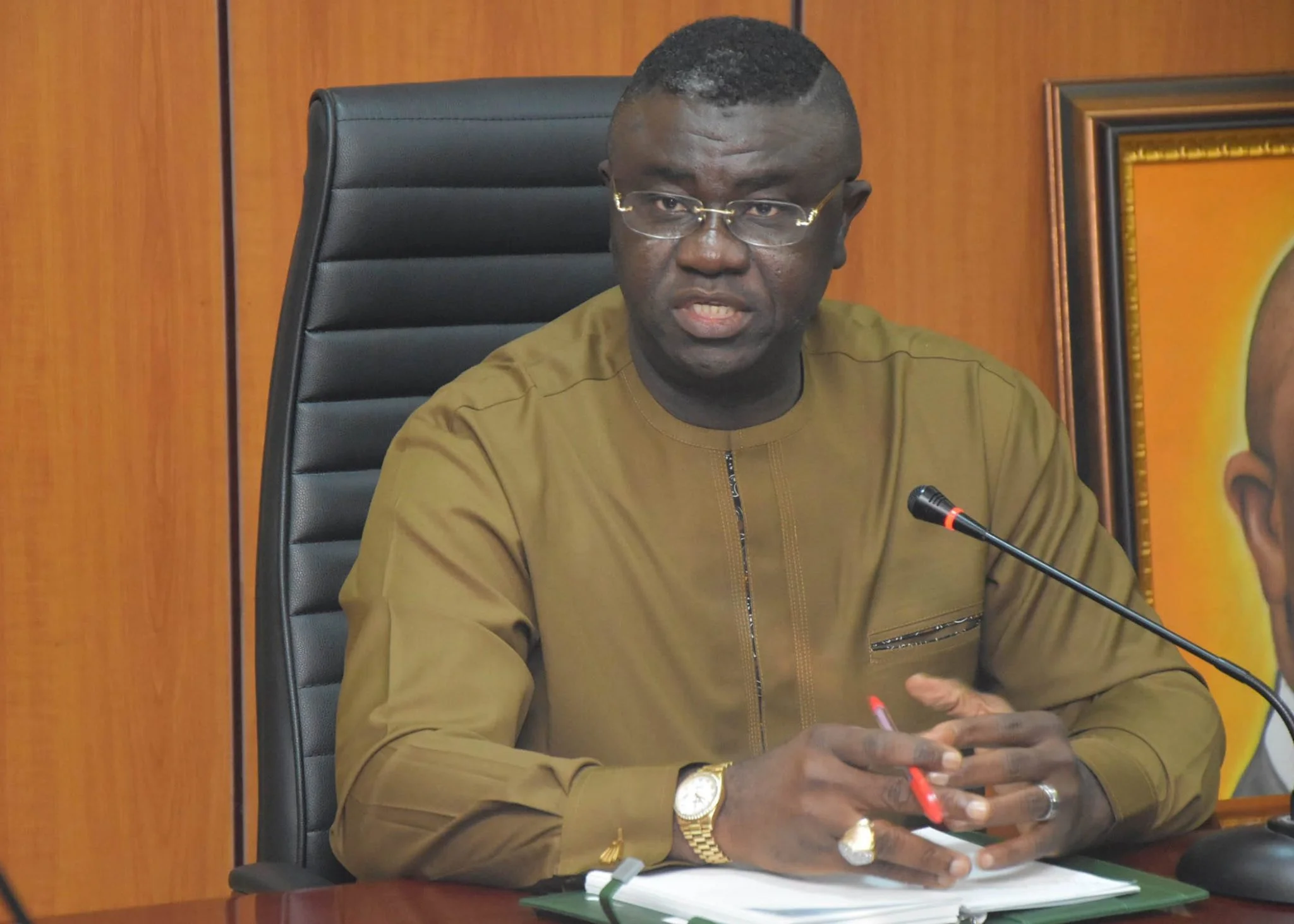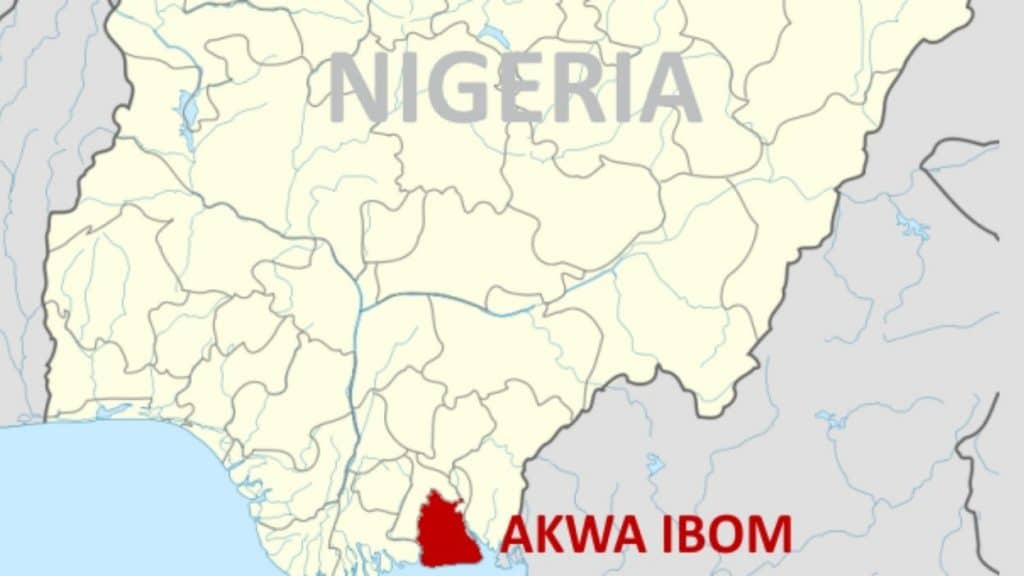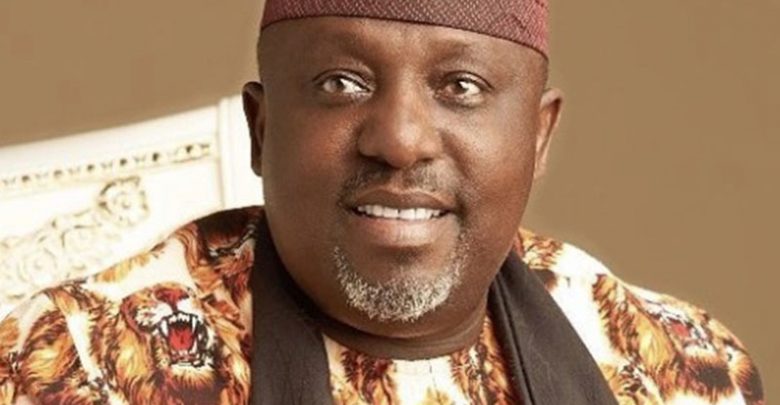Minister of State for Budget and National Planning, Clement Agba, has reacted to the seeming slow impact of the Gross Domestic Product (GDP) indices on the livelihood of Nigerians.
Agba, who made an attempt to explain the economic indicators, also wondered why Nigerians may not be seeing much impact despite a favourable growth rate in two to three quarters as reflected by the National Bureau of Statistics, NBS.
He made the explanations, shortly after the Federal Executive Council meeting chaired by President Muhammadu Buhari on Wednesday.
According to him, the government remains committed to bringing down the inflation rate and improving the economy, which has seen positive growth in the last eight months.
Citing the National Development Plan 2021-2025, Agba noted that work on reviving the economy is a continuous one even as he said he could not provide a definite timeline to reduce the inflation to the level that will positively impact all Nigerians.
His response followed questions from State House correspondents on why it appears that Nigerians are not feeling the impact of the GDP growth.
He responded saying, “First, you say the figures that were given show that there is a positive trajectory in terms of the economy. I think first we need to understand what GDP itself means. It’s the totality of the value of goods and services, it’s an indication of what is happening in the economy, when you are having more to spend, more transactions are going on.
“It means that the economy itself is growing and if it is declining, and you have such a negative decline in two quarters, then we will say you are in a recession.
“And NBS has consistently given these figures, whether they are positive, or they are negative, and then we compare them either on a month on month basis, or year on year basis.
“And then we also have what those figures are annually, which tend to show us or indicate whether we are making progress or not.
“What those numbers show is that there’s steady progress that is being made. Whether it is far-reaching enough, is a different ball game.
“And that’s why you see in the National Development Plan 2021 to 2025, we are looking for a growth rate of an average of 5%.
“We haven’t gotten there yet but it is beginning to move towards that trajectory. “
“In terms of inflation, for about 17 months consecutively, you find that the inflation rate was going up, but what we are beginning to see is that for eight consecutive months, there’s a steady decline.
“But in December, we noticed that there was a slight increase. Of course, you know what normally would happen at the end of the year when everybody’s chasing the few available goods.
“So, the economy is being worked on, is a work in progress, I can’t give you a definitive date when inflation is going to be below 10%. But the fact that we say that there is inflation means that the prices are being worked on.”





